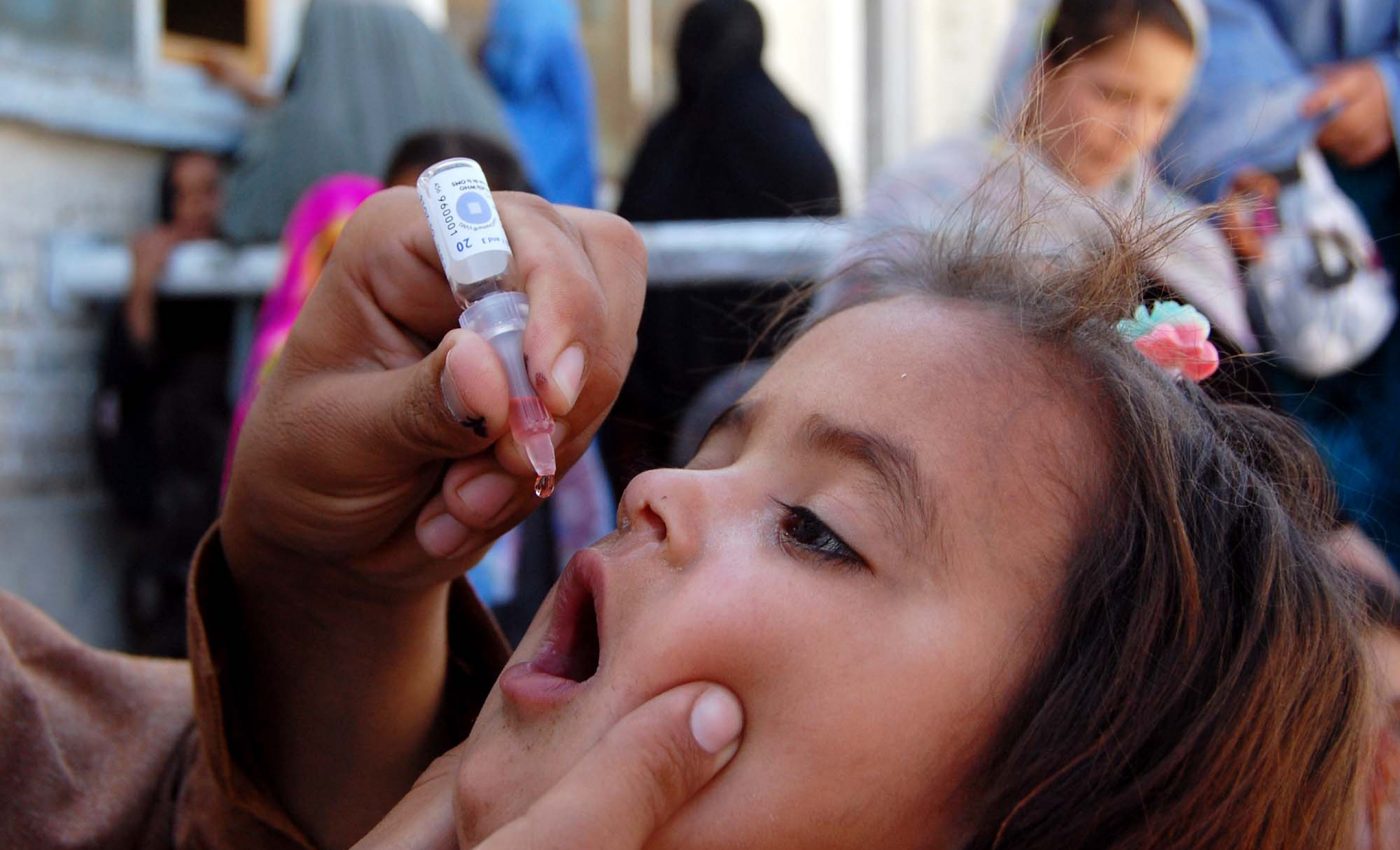
New polio vaccine could finally wipe out the disease worldwide
Researchers at the University of Southern California have developed a polio vaccine that does not require refrigeration. This means that the vaccine may ultimately be used all over the world to completely wipe out polio.
After the injectable vaccine was freeze-dried into a powder, it was kept at room temperature for four weeks and then rehydrated. Testing in mice confirmed that the vaccine was still effective, offering full protection against the polio virus among the animals injected.
Study first author Woo-Jin Shin is a researcher in the lab of Jae Jung, chair of the Department of Molecular Microbiology and Immunology at USC’s Keck School of Medicine.
“Stabilization is not rocket science, so most academics don’t pay much attention to this field,” said Shin. “However, no matter how wonderful a drug or vaccine is, if it isn’t stable enough to be transported, it doesn’t do anyone much good.”
The complete eradication of polio is close, with just 22 known cases worldwide in 2017. The highly infectious disease can cause lifelong paralysis and disability, particularly in young children, who are still at risk in countries with low vaccination rates.
The biggest obstacle has been the lack of a temperature-stable vaccine for use in developing countries where refrigeration may be unavailable.
Previously, experts successfully used freeze-drying to create temperature-stable vaccines for measles, typhoid, and meningococcal disease. Prior to this study, however, scientists have not been able to develop a polio vaccine that retained its potency throughout the process of freeze-drying and rehydration.
Using liquid chromatography and high-throughput screening, Shin and his team managed to analyze a high volume of formulations until they found one that worked. Jung hopes that a company will now take over the project and cover the expense of clinical trials in humans so that the injectable vaccine can be put on the market.
The study is published in the journal mBio.
—
By Chrissy Sexton, Earth.com Staff Writer













